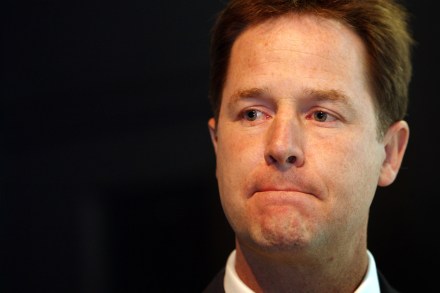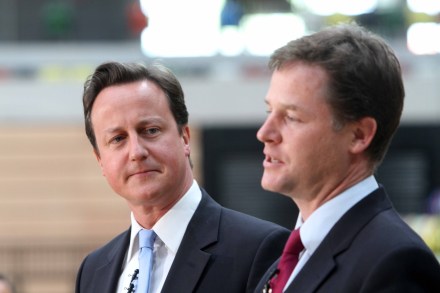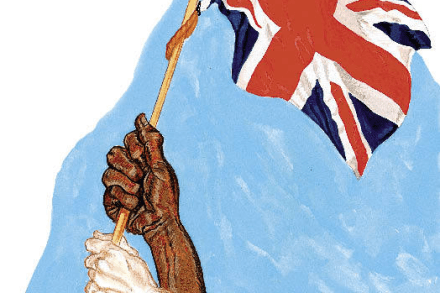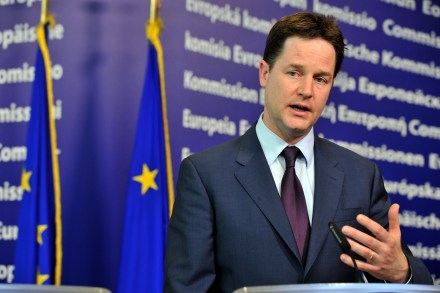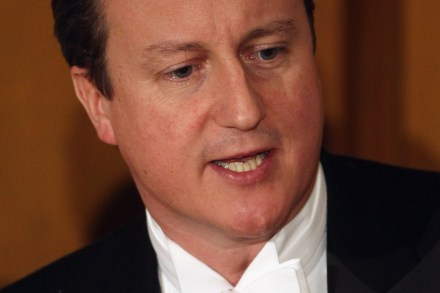Nick Clegg’s Christmas recipe
Our Christmas issue is so packed that, sadly, there wasn’t enough space to include everything that was originally commissioned. Among the ejectees was a series of Christmas recipes and tips from politicians, writers and friends of The Spectator. In which case, we thought we’d put them up online, where the real estate, just like the goodwill, is endless. You can read Nick Clegg’s recipe for Patridge ‘Estofada’ below. And there is — and will be — more on our Facebook page today, including Ed Miliband’s recipe for roast lamb… Partridge ‘Estofada’ This isn’t what we’ll be eating on Christmas Day but we’ll certainly have it in the run-up, when we









